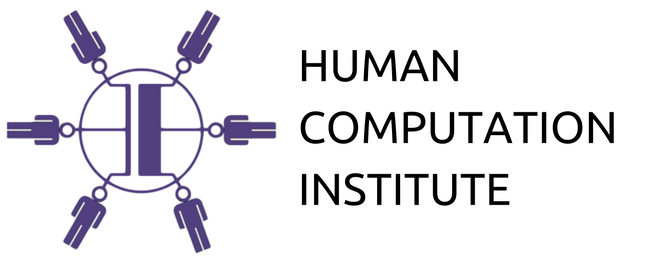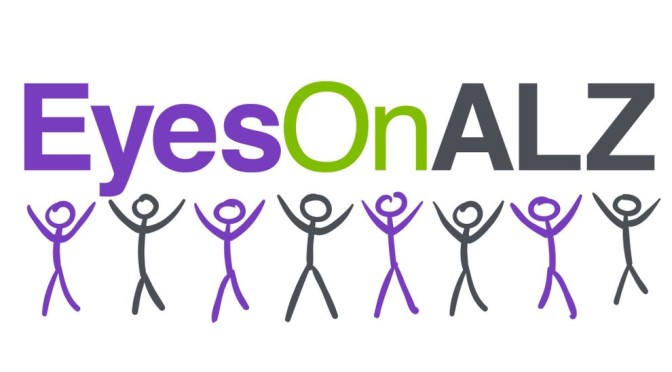Human Computation Institute is leading an initiative to develop an online Citizen Science platform that will enable the general public to contribute directly to Alzheimer’s Disease research and possibly lead to a new treatment target in just a few years.
It has long been known that reduced blood flow in the brain is associated with Alzheimer’s Disease and other forms of dementia. However, new imaging techniques have enabled our Cornell-based collaborators to make important discoveries about the mechanisms that underlie this reduced blood flow.
These findings are suggestive of a new treatment approach that could reduce cognitive symptoms and halt disease progression. However, arriving at a specific treatment target based on these findings requires additional research. Unfortunately, the data curation required to advance these studies is very labor-intensive, such that one hour’s worth of collected data requires a weeks worth of annotation by laboratory personnel. Indeed, the curation aspect of the analysis is so time consuming that to complete the studies necessary for identifying a drug target could take decades.
Fortunately, accurate curation of the data, though still impossible for machines, involves perceptual tasks that are very easy for humans. We aim to address the analytic bottleneck via crowdsourcing using a divide-and-conquer strategy. The curation tasks in this research map closely to the tasks used in two existing citizen science platforms: stardust@home and EyeWire, both of which have enabled discoveries reported in the journal Science. In direct collaboration with the creators of these highly successful citizen science platforms, we are developing a new platform for public participation that we expect will reduce the time to a treatment from decades to only a few years.
If you are interested in participating in an online activity that will directly contribute to Alzheimer’s research, please pre-register here. By participating, you will not only help speed up a treatment, but also understand more about the disease and exactly how your efforts make a difference.
This project includes collaborators from Cornell University, Princeton University, U.C. Berkeley, SciStarter, and WiredDifferently.
Pietro Michelucci

